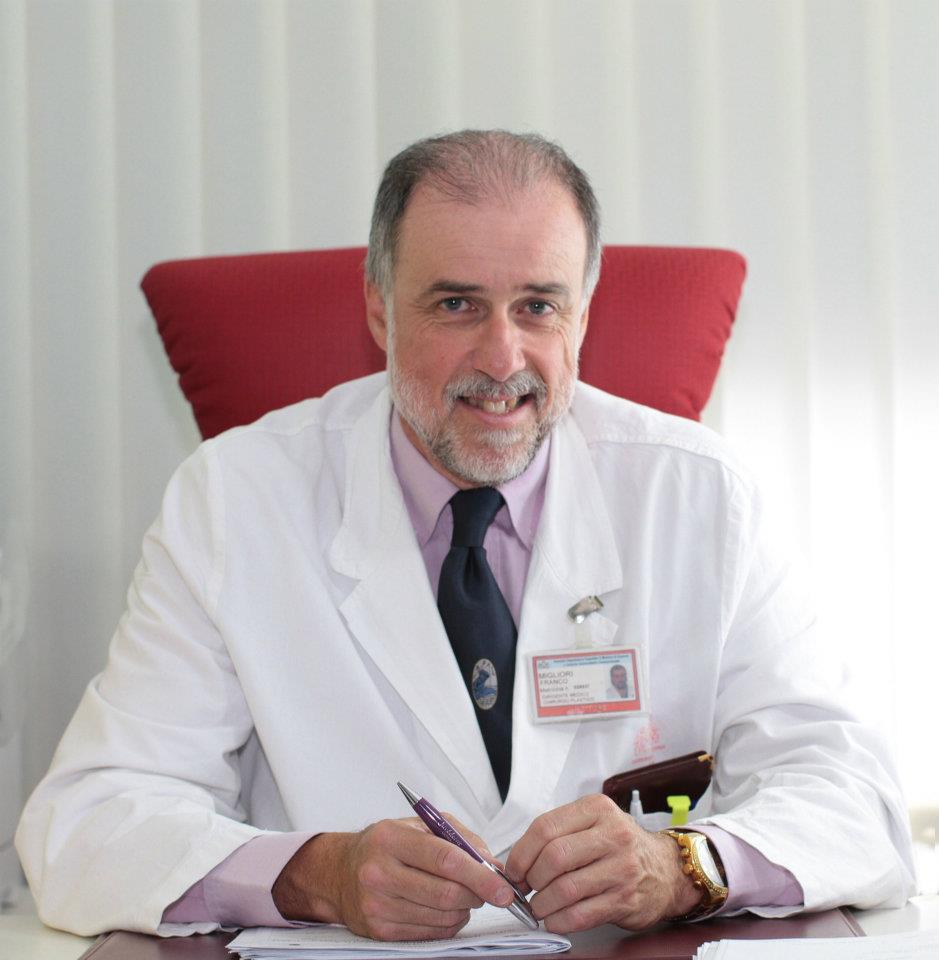Avoid Medspa Litigation Claims = Provide Comprehensive Information
/ Exceptional patient services will do more than just keep your patients happy, they'll also keep you out of court (or may your stay much shorter).
Exceptional patient services will do more than just keep your patients happy, they'll also keep you out of court (or may your stay much shorter).
In a recently decided case of James v. Decorato, the defendant medical practitioner was absolved of liability after showing to the court the the patient has been adequately informed about the procedure that she will be undergoing.
Their case stemmed when the patient and plaintiff Rebecca B. James sued the defendants John W. Decorato, M.D. and Aesthetic Pavilion, LLC for alleged negligence and malpractice by the latter. In her complaint, Rebecca claimed there was negligence in the performance of various cosmetic surgeries which included liposuction, blepharoplasty, lipoplasty, autologous gluteal augmentation with fat grafting, submental and neck smartlipo, bilateral transconjunctival lower blepharoplasty with CO2 laser resurfacing, and autologous upper and lower lip augmentation with fat grafting.
She alleged that there the malpractice resulted in the formation of excessive and severe scarring, non-uniform appearance of her abdomen, concave left inner thigh with pain, hypo-pigmented skin under eyes leaving non-uniform skin color on the face, among others.
Further, she said that Dr. Decorato violated the Public Health Law when he allegedly failed to disclose alternatives, risks and benefits that may arise after the treatment. She said that had she known of them, she would not have undergone with the treatments altogether.
In an answer, Dr. Decorato said that the plaintiff was able to sign multiple consent forms which outlined the risks and effects that may happen after the treatment. The defendant doctor also argued that the plaintiff's argument must be summarily dismissed because they only stemmed out of her dissatisfaction with the results of the procedures.
In support, Dr. Decorato submitted to the court the examination done by Dr. Theodore Diktaban, a certified Plastic, Reconstructive as well as Head and Neck Surgeon. Dr. Diktaban indicated that he was able to review the consent forms signed by the plaintiff and found them all clear and complete.
According to Dr. Diktaban's affidavit,
The forms adequately provided for the proposed procedures, alternatives thereto, and the reasonably foreseeable risks and benefits associated therewith, including the need for revisionary surgery. The lack of an informed consent could not be a proximate cause of any of plaintiff's subjective dissatisfaction, which she classifies as injuries. Regarding the issue on malpractice and negligence, the pre-and post-operative care rendered to plaintiff comports with good and accepted medical practice.
He further opined that the results of plaintiff's surgery were devoid of any functional deficits, except for the purported and subjective paresthesias of the left medial thigh.
These claims were opposed by the plaintiff Rebecca and presented the statement of a cosmetic surgeon, Dr. Richard Marfuggi. He claimed that after examining Rebecca, he can say that "with a reasonable degree of medical probability, the complications experienced by plaintiff were the result of Dr. Decorato's failure to follow good and accepted practice".
According to the Supreme Court, the basis for establishing the liability of the physician is the departure of the physician from accepted community standards of practice and this was the proximate or direct cause of the plaintiff's injuries.
The Supreme Court sided with Dr. Decorato and summarily dismissed the case. Dr. Decorato, with the affirmation of the statement of Dr. Diktaban, was able to show that indeed he did not deviate from accepted medical procedures. The Supreme Court noted that the plaintiff's claim of "lack of informed consent" has not been proven. Instead, Dr. Decorato was able to produce in evidence the fact that Rebecca was able to sign the consent forms.
On the other hand, the plaintiff Rebecca and Dr. Marfuggi's affidavits did not show any medical evidence establishing that Dr. Decorato was indeed negligent. According to the Supreme Court, Dr. Marfuggi's recitation of facts failed to address the concern of whether or not this was a departure from accepted practices.
Note to self: make sure that all forms are clear and complete.














